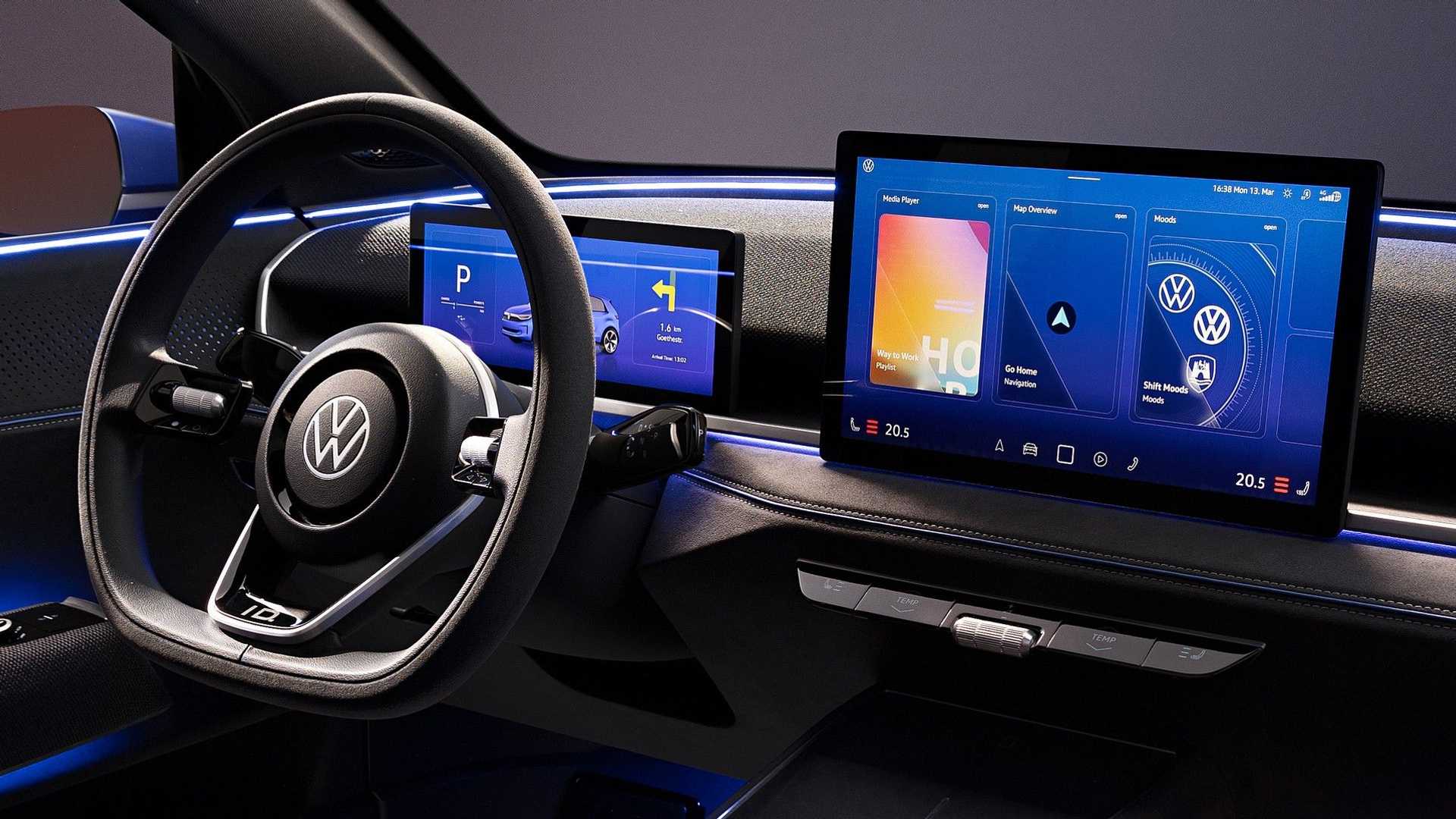- cross-posted to:
- hackernews@lemmy.smeargle.fans
- cross-posted to:
- hackernews@lemmy.smeargle.fans
Volkswagen Will Bring Back Physical Buttons In New Cars | Down with touch screen controls.::Volkswagen says that it has heard the feedback from its customers. It plans to bring back physical buttons and controls in future models.
VW really marketed their way into every feed on every site by making a big deal about… putting buttons in their cars. All hail our corporate overlords, who give us our buttons and dominate our feeds.
They need to make it clear they understood they messed up and are backtracking.
Just not with emmisions, or government supported market manipulation.
There’s so many fewer points of failure when you use physical buttons as opposed to touch screens. I hope everyone follows suit.
Physical buttons have wiring harness failure, mechanical failure, and software failure…pretty much exactly the same amount as the touchscreen solution.
What boggles my mind is that cheap, snappy, easy-to-use touchscreen interfaces have been a solved issue for well over a decade with the proliferation of smartphones…why the hell do car manufacturers suck so much at implementing it!? They’re all slow bug-ridden shitshows.
It’s because car manufacturers are loath to change microcontrollers in their vehicles because they’ve got decades of processes, tooling, and debugging with the (Atmel) chips they’ve been using since forever. When they decide to make a new car they basically just look at the latest Atmega(whatever) “automotive” chip (using really old chip tech) and choose that.
Atmel has “automotive” chips for everything! From regular MCUs to beefy ones with boatloads of pins and (slow ass) LCD controllers. They’ve made it so that car manufacturers don’t even have to think! The engineers probably get an automatic OK to use whatever Atmel “automotive” chip they want but anything else requires a lengthy and expensive certification process.
Some cars are using STM32 chips made for automotive but they’re not as common as you’d think!
Basically, the car manufacturers are extremely risk-averse because of low margins and something like an ECU recall can totally ruin the profitability of a new car. They’re also lazy and don’t want to try new things! There, I said it 😁
He’s talking points of failure when it comes to a person interacting with it. At least that’s my take. Imagine you’re reaching for a volume button instead of a volume slider on the screen. You’re going to hit that mofo basically every single time. Whereas with the touch screen you’ve got to look and pay attention. Make sure your finger goes in exactly the same place etc etc.
How do you do “mechanical failure” with hercons? I’m all attention. They may not be as pleasant to use, but beat touchscreens still.
The physical buttons aren’t attached to anything though. It’s still software. My ford buttons glitch out when the soft buttons and steering wheel buttons do.
It’s because they cheaped out and used (cheap) electromechanical switches for the buttons and electromechanical rotary encoders for the knobs.
If they used magnetic hall effect switches they’d never glitch (unless the microcontroller itself is glitching). Hall effect switches are forever.
(And no: Even cars in Arizona don’t get hot enough to wreck rare earth magnets… They’ll lose strength slightly above 80°C but not enough to matter since the car knows its internal temp and can compensate if they didn’t get the better sensors that auto-compensate).
For reference, hall effect switches and encoders aren’t really that much more expensive for something like a car where you’re going to be using/making millions of them. It probably saves pennies per car to use the cheap switches.
What I don’t get is this constant cheating where they don’t have to.
Even where making a real thing with its advantages is cheaper or same, they’ll still make it dependent on something that breaks.
Well, it would be advantageous where no competition will do the real thing. But we have competition, right? Free markets, right? No cronyism, right? LOL
The last thing I want to do is navigate a tablet when I’m operating a vehicle. I don’t know how it ever made sense in the first place.
Fuck the buttons, I want brass-handled pull-ropes.
You are a person of fine taste! Here’s a car for you A full replica of Il Tempo Gigante from the movie Flåklypa Grand Prix
Finally, a good decision. I’ve nothing against touchscreens, but not for everything.
Also, generally their software is so bad. I’m using a new Skoda Kodiaq at work and its GPS is a nightmare compared to older cars.
Yeah software in most cars is really underdeveloped and neglected, leaving it in a horrible state. Manufacturers have handled the transition to a digital interface extremely bad.
I’m thrilled to hear that Volkswagen is bringing back physical buttons in their new models! Touchscreen controls can be quite frustrating and distracting while driving. It’s great to see a company listening to customer feedback and making changes that enhance the driving experience. For those looking for a reliable place to buy cars, check out Cars45. They have a wide selection of vehicles and offer great services.
I own an ID.4. The capacitive steering wheel buttons were probably my biggest fear when we bought this car.
But, they work great. In a year (with 23,000 miles) I’ve only had a miss-touch a couple times. Swiping to change volume is way better than button pounding.
The capacitive temperature and volume controls under the screen work just fine, too. Now they do need to be illuminated, which they will be in the 2024 model, but it’s great to swipe to the temp or volume you want.
The capacitive buttons on the dash to the left of the steering wheel work the worst. They are for the fog lights and defroster controls. It just doesn’t seem to register where you press, so that takes a couple tries, but they aren’t used often.
I’d honestly be sad to see them go.
Certainly! Here’s a comment in English:
It’s refreshing to see Volkswagen taking customer feedback seriously. Bringing back physical buttons and controls in future models is a smart move towards improving user experience and addressing user preferences. This customer-centric approach shows Volkswagen’s commitment to listening to its market and adapting accordingly. Looking forward to seeing how these changes enhance the driving and usability of their vehicles!







